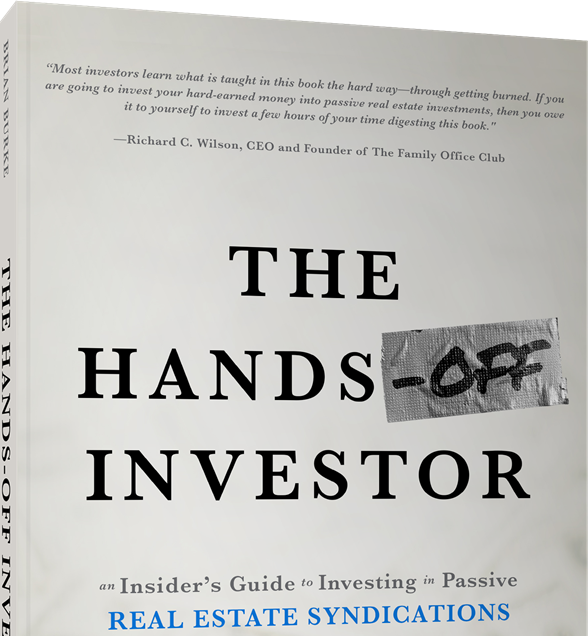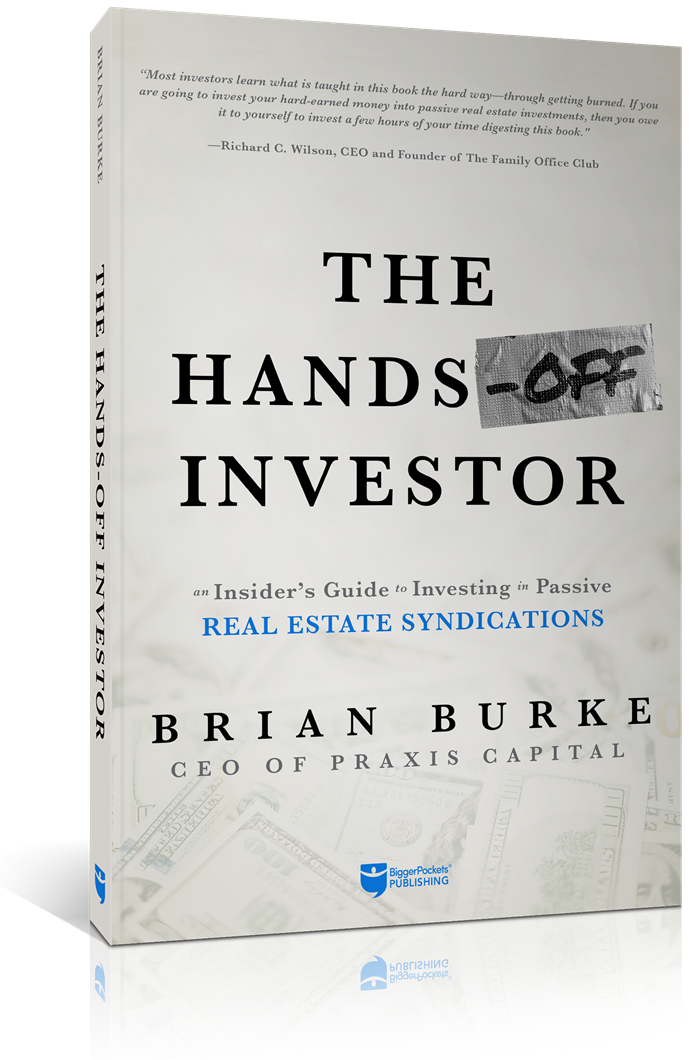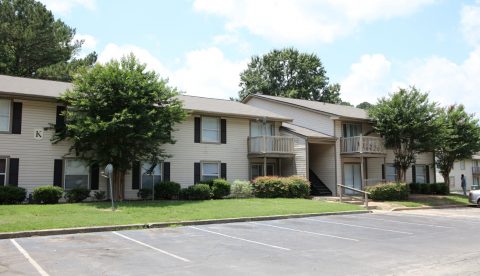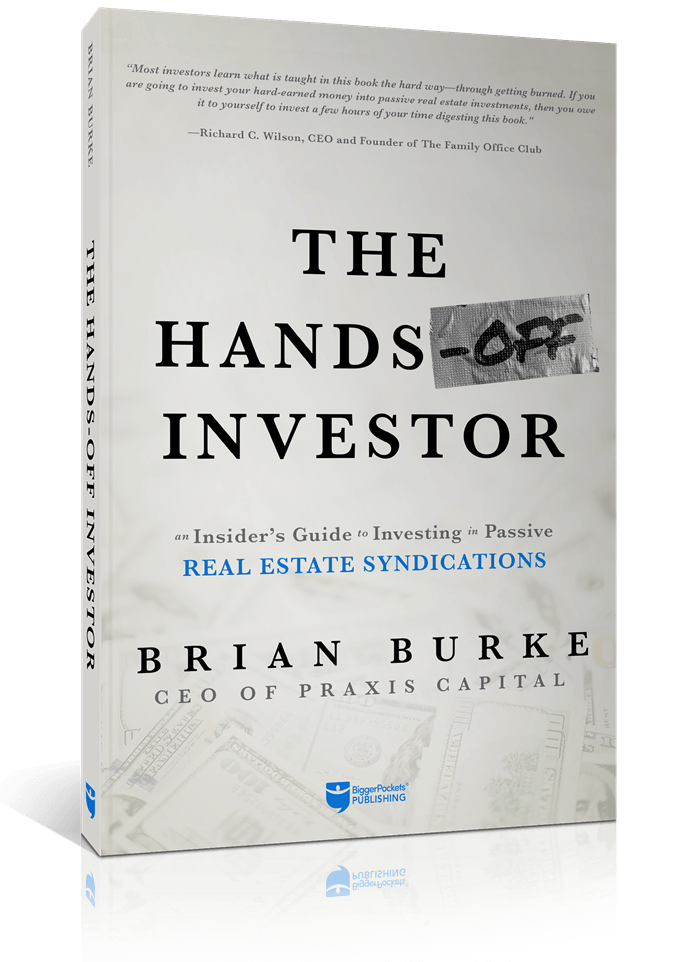New Legal Ruling Could Completely Change Dynamics Of The US Real Estate Market

A new legal verdict has the potential to significantly change the way the US real estate industry works.
$1.8B was recently awarded in damages after a court found that the National Association of Realtors has been illegally colluding to keep real estate commissions elevated.
Will this be the end of NAR? How could it disrupt the way properties are bought and sold? What will it mean for agents, brokers, and investors?
The End Of NAR?
The court case in Missouri follows several years of investigations by the Justice Department. As well as other recent court cases and settlements against individual brokerages.
Shares of companies including Zillow, Redfin, and Compass plunged deeply on the news. The anticipation is that this will quickly roll out as a new legal precedent to other states across the US.
One thing that really stands out is that NAR is supposed to be the industry’s ethics organization that adds credibility to member agents. Instead, it is being deemed the cause of unethical behavior.
Still, like big banks, NAR is a powerful political lobbying group. Until members pull out, their funding will likely keep them going.
The Future Of Real Estate Agents & Commissions
The center of this new push by regulators is tackling 5-6% real estate commissions, which they apparently deem too high.
Coverage of Bloomberg cites desiring a shift toward UK and Australian models, where commissions are lower.
If the public knew how little agents really netted, and all the work they do, they may not feel the same. Agents can still add value in privacy, negotiations, efficiency, and access to deals.
However, a dramatic cut in commissions would likely lead to many agents going bankrupt, and a massive consolidation among brokerages. The MLS will be useless, and listing agents will not cooperate and split commissions with buyer agents.
However, this shift is most likely to lead to the opposite of what is being proclaimed to be desired.
In the overseas examples above, these markets are notorious for their high living and housing costs. Where residents and investors crave and prize buying in the US instead. Homeownership is prohibitive, and investors there have become used to settling for wealth preservation with tiny yields, and even negative cash flow as the norm.
For Investors
Access and control of inventory will become even more important and valuable. Just as the value of existing real estate holdings would likely go up substantially.
There may be far less property changing hands, and less need for agents. It will be far more attractive to be an investor than an agent.




























